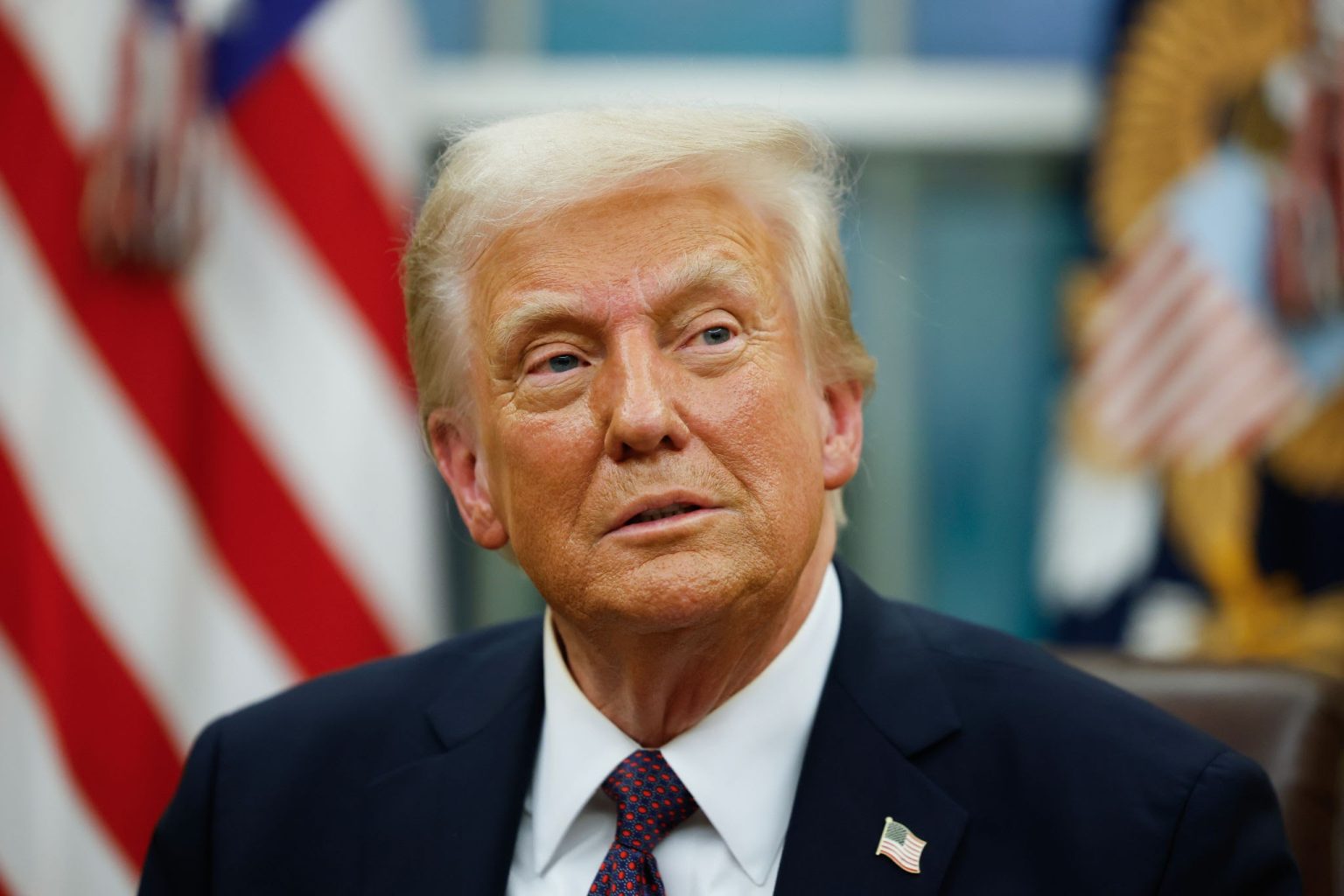A new travel ban imposed by the United States of America’s President Donald Trump took effect at midnight on Monday, barring entry into the United States for citizens from 12 countries.
The order marks a return to one of Trump’s most polarising policies from his first term, the BBC reports.
The latest restrictions target nations such as Iran, Afghanistan, Haiti, and Libya—countries grappling with conflict or tense relations with Washington.
Others affected include Myanmar, Chad, Congo-Brazzaville, Equatorial Guinea, Eritrea, Somalia, Sudan, and Yemen.
In addition, the U.S. government has placed partial restrictions on travellers from six more countries: Burundi, Cuba, Laos, Sierra Leone, Togo, Turkmenistan, and Venezuela. While not entirely shut out, citizens of these countries will face limits on certain visa categories, including temporary work permits.
Trump tied the new measures to a recent attack in Colorado, where a man, identified as an Egyptian national who had overstayed his visa and sought asylum in 2022, allegedly assaulted protesters demonstrating in support of Gaza hostages. Although Egypt was not among the countries listed, Trump said the incident revealed flaws in the U.S. immigration system.
Trump expresses concerns
“This attack underscores the extreme dangers posed to our country by the entry of foreign nationals who are not properly vetted,” Trump said.
He also warned that the list could expand, stating, “New countries could be added as threats emerge around the world.”
The proclamation pointed to several justifications for the restrictions, including poor passport control, terrorism concerns, and high rates of visa overstays. Trump suggested that countries could be removed from the list if they implement “material improvements” in security protocols.
Despite the wide scope of the ban, certain exceptions will apply. According to the White House, the policy will not affect athletes participating in the 2026 FIFA World Cup or the 2028 Olympics in Los Angeles. Diplomats are also exempt.
The policy has sparked international outcry. UN Human Rights Chief Volker Turk criticised the ban’s sweeping scope, saying it raises “serious concerns under international law.”
U.S. Representative Yassamin Ansari, an Iranian-American, condemned the move as “cruel and xenophobic,” and pledged to challenge it.
There have also been diplomatic repercussions. Chad has suspended visa issuance for American citizens in response to the new restrictions. Meanwhile, protests have broken out in several U.S. cities, including Los Angeles, amid reports of intensified immigration raids.
Individuals directly affected have shared their anguish. Mehria, an Afghan asylum seeker, told AFP: “We gave up thousands of hopes and our entire lives on a promise from America.”



